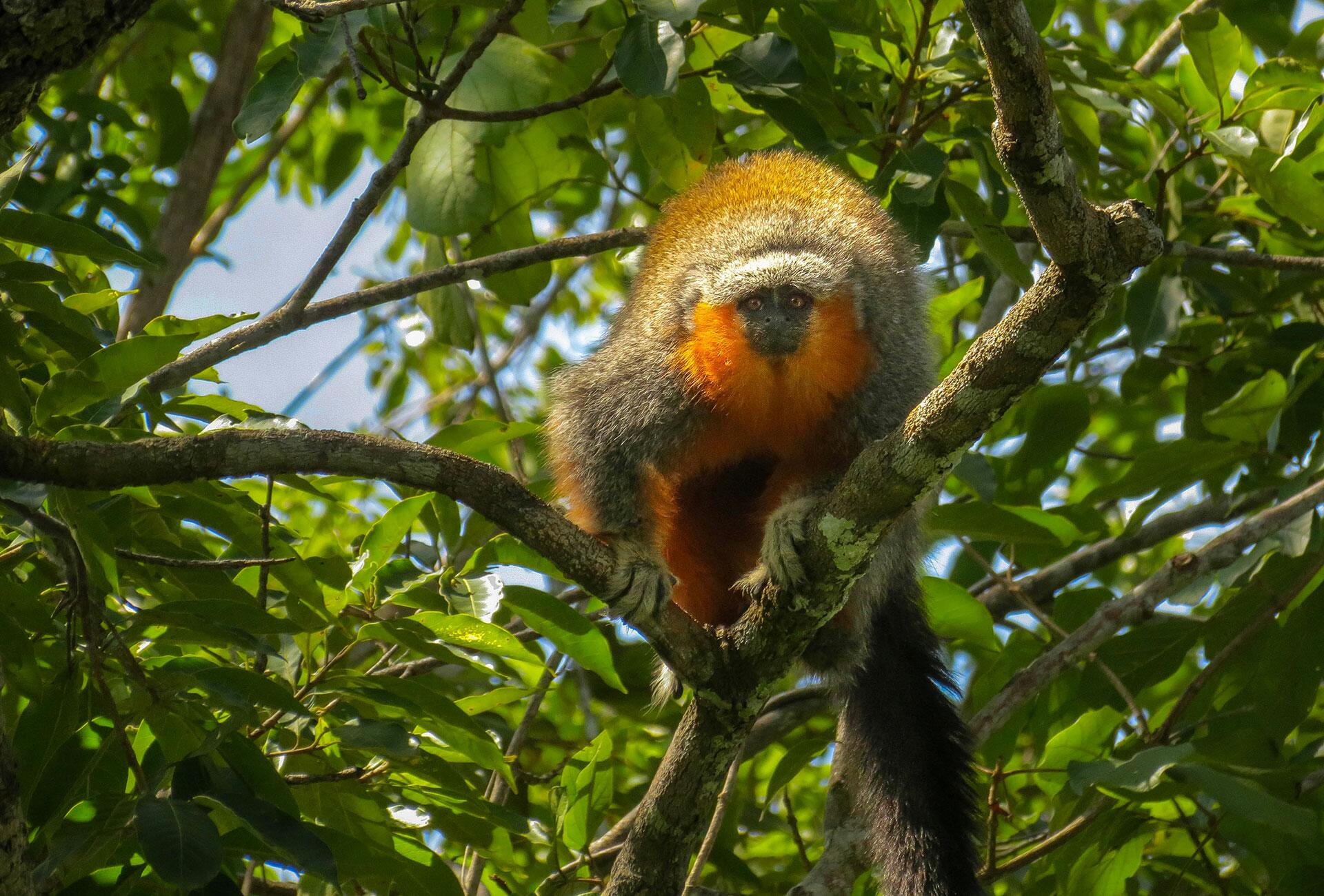Dear SUMAÚMA Community,
The sixth issue of our biweekly trilingual newsletter represents a special moment for us at SUMAÚMA. We hope it will for you as well, as part of our community of readers. As of this issue, we have made a fundamental decision about how we propose to plant seeds as a journalism platform dedicated to telling real stories about the Amazon and forest peoples, reported directly from the region. When we talk about forest peoples, most readers automatically think about the Indigenous or, for those who are better informed, about the descendants of enslaved rebels known as quilombolas, about ribeirinho forest communities, or about other traditional populations who share the forest-home. But few readers think about nonhuman forest peoples. For us at SUMAÚMA, our work only makes sense if our journalism also adopts a nonhuman perspective. Almost always, it is precisely other species who suffer most from human activities in the forest and other enclaves of nature, especially those involving major government or corporate projects. But while nonhumans suffer most, the public debate rarely takes them into account. If Indigenous human peoples are repeatedly deprived of their rights, despite an international convention guaranteeing their input will be heard, we can easily imagine what is left for nonhuman peoples.
SUMAÚMA wants to play a part in changing this reality, as stated explicitly in our manifesto. To this end, one of our founding journalists Talita Bedinelli worked with great dedication so this issue inaugurates what we consider to be the best way to represent the interests of species whose voices we do not understand. Just as we believe that these other peoples should be represented at all levels of a democracy worthy of this name—including the parliaments, judicial branches, and nongovernmental organizations established by human society—they will be represented in our pages by renowned scientists who devote their lives to studying them. In the name of nonhuman species, and as their spokespersons, researchers are calling on President-elect Lula to include their interests in his administration. We should also remember that the nonhuman people of the forest play a fundamental role in maintaining the health of this biome, where each species forms an irreplaceable part of what we call the Amazon. All life is interdependent. So this is not altruism, it is about survival.
In this issue, we also highlight the impasse reached at this moment of our lives in the Amazon. While Indigenous peoples at COP27, in Egypt, were demanding the demarcation of 386,000 square miles (100 million hectares) of forest to confront the climate collapse—something they feel and know like no one else—a woman of the Yanomami people was fatally shot twice in the head in the streets of Boa Vista, capital of the Amazon state of Roraima. All indications are that the murderers’ only motive was that the woman was Indigenous. It could have been her who died, it could have been someone else, as long as they were Indigenous. But it was her. And now there is one more corpse and an orphaned baby.
The first story, concerning the environmental summit, is told by the Colombian journalist Edilma Prada Céspedes, under a partnership between Agenda Propia and SUMAÚMA. Our team is honored by this partnership. We believe in collaborative journalism, and this will be the first of many future partnerships with independent journalism initiatives in the Pan-Amazon region. We need to be allies and join forces to cover the war on nature from the perspective of its peoples.
The second story, the one reported here on the ground, is told by the Indigenous expert, anthropologist, and Yanomami translator Ana Maria Machado. In her article, Ana Maria shows how the murder of this Indigenous woman—most likely a hate crime—really began long before, when Brazil’s business-military dictatorship (1964-85) built the deadly Perimetral Norte highway and destroyed the world where that particular group of Yanomamis lived. The distance is great between the summit and events on the ground. SUMAÚMA aligns itself with the original peoples of the Amazon and with President-elect Lula in calling for climate summits to be held in the forest. Only on the ground can a climate summit be truly effective.
Lastly, this issue also offers a gift: an interview with the Yanomami shaman and writer Davi Kopenawa. In his interview, Davi tells us about Lula’s election from the perspective of shamanic politics. At SUMAÚMA, interviews with speakers of other languages are only conducted with the collaboration of highly qualified translators, so the interviewee’s words, rhythm, and voice are respected. This is the only way human communication can really be translated and reach us in all its power. Ana Maria Machado did the interview in Yanomami and translated it to Portuguese. It was then translated from Portuguese into SUMAÚMA’s two other languages, Spanish and English.
We remind you once again that our journalism depends on your support. We can only grow as a tree if our readers join our community and donate whatever they can afford. We can only continue to exist if you believe SUMAÚMA is vital to reimagining the country—and planet—in which you want to live.
Until next time. Together.
Eliane Brum
SUMAÚMA Creator and Director – Journalism from the Center of the World
Translated by Diane Whitty

Alta Floresta titi monkey. Photo: Francielly Reis





